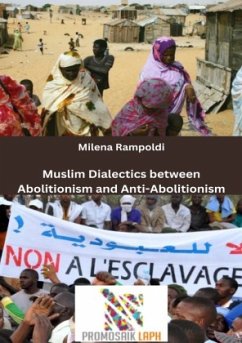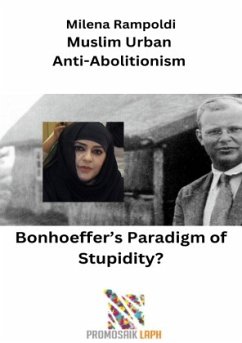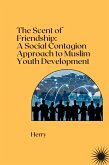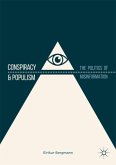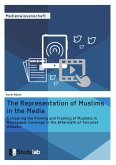This booklet is an extract of the chapter four of my thesis in sociology written at A.I.U. between 2022-24. It is focused on slavery in Mauritania as well as on the ways to overcome/eradicate it from inside. It is the most complex and most open-ended of all parts of this research as it deals with the challenging dialectics between abolitionist and anti-abolitionist forces still existing in Muslim communities. When it comes to slavery and abolitionism, Islam is a reform-focused doctrine based on a fundamentally egalitarian abolitionism to be implemented step by step. After having introduced Saïdou Kane (as Mauritanian contemporaneous anti-abolitionist reflecting on slavery from a historical and sociological point of view ), Louis Hunkanrin (the Marxist "outsider" struggling for human rights and abolition of slavery through journalism and activism ), Baila Wane (focusing on a short period of abolitionism in the context of a Muslim theocracy in Futa Toro ), in the section exposed inthis booklet, I would like to introduce main ideas about abolitionism and anti-abolitionism in Islam by anticipating the subject-matters of the next two parts. Finally, I will point out that this dialectic opposition between abolitionist and anti-abolitionist Islam is not new in Muslim history but characterises it entirely in its path to abolitionism finally declared and based on a general consensus in the Cairo Declaration on Human Rights in Islam. Under article 1b it says:"Gross and systematic human rights violations, and also slavery, servitude, forced labour and trafficking in persons, shall be prohibited in all forms, and under any circumstances." In my opinion, the objective is to struggle against Muslim anti-abolitionists from inside by starting, dogmatically, from the idea of tawhid which results in a radical social egalitarianism, and ethically, from the concept of moral courage.
Bitte wählen Sie Ihr Anliegen aus.
Rechnungen
Retourenschein anfordern
Bestellstatus
Storno

